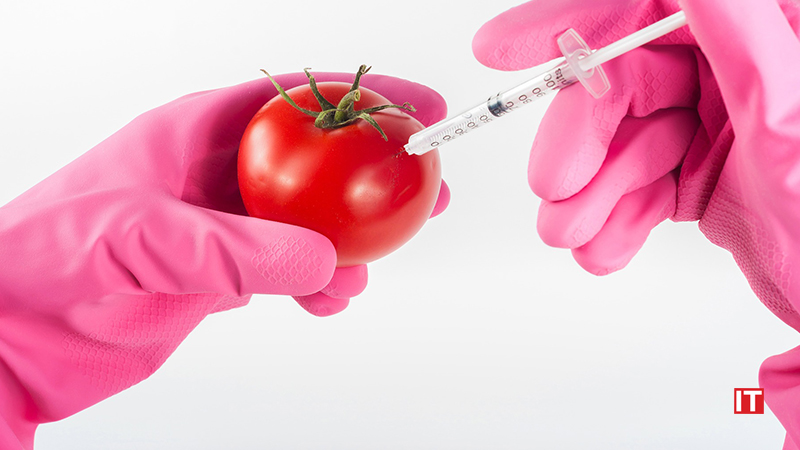Several biotech trends are driving growth such as Artificial intelligence (AI), data analytics, and automation are all being leveraged by the Biotech industry today to improve productivity. While the majority of the industry’s attention is still on medicine, entrepreneurs are developing solutions for everything from food to materials to environmental monitoring.
With startups and companies biomanufacturing fast diagnostic kits, repurposed pharmaceuticals, and vaccinations, the COVID-19 pandemic showcased the Biotech industry’s far-reaching effect.
Also Read: Top Five Biotech COVID-19 Innovations
Precision Medicines
Precision medicine is a biotechnology megatrend, attributable to novel technology such as CRISPR gene editing and improved gene sequencing techniques. In contrast to conventional medicines, precision medicines allow for tailored treatment based on a person’s genetics.
Furthermore, by examining the impact of previous precision medicines on highly particular gene pools, researchers can improve or create future precision medicines, which aids in the development of newer precision pharmaceuticals.
Tissue Engineering
Tissue engineering is a novel and rapidly growing field of biotechnology. The advancement of advanced bioprinting and microfluidics technology now allows for the production of autologous tissue grafts for a variety of applications, including organ transplantation, burn treatment, and regenerative medicine. Tissue engineering also presents an alternative to surgical reconstruction, transplants, and other medical technologies for repairing damaged tissues.
Food Biotechnology
Biotechnology can be used to improve food quality, such as nutritional content and shelf life, as well as increase agricultural production. Genetic engineering, the employment of microbes for specialized purposes, and the mass production of enzymes for food processing, such as catalase enzymes for mayonnaise, chymosin enzymes for cheese, and alpha amylase enzymes for baking, are examples of these techniques.
mRNAVaccines
There are many different types of vaccinations that have been developed for diverse functions, and it’s no secret that all of them use tools from the biotechnology arsenal. mRNA vaccines are made up of mRNA (messenger RNA), which is encoded by an infectious agent’s antigen genes.
When mRNA from an mRNA vaccine is injected into host cells, it converts to protein antigens, which triggers protective immunity against the infectious pathogen. As mRNA vaccines are easy to mass develop, they can respond quickly to pandemic microorganism strains.
Also Read: Top 4 Advantages of Wearable Technology in the Digital Era
Artificial Intelligence and Big Data
Artificial intelligence (AI) continues to find applications in a wide range of fields, including biotech. AI has been used by biotech companies to improve the automation of a number of operational operations. AI can, for example, find biomarkers that could be used in the development of medications and diagnostics.
Image classification is also used by AI algorithms to detect features of human diseases like cancer cells, as well as crop diseases like leaf coloring and decay. Phenotype screening and microbiome evaluation are two further biotech applications of artificial intelligence.
The industry already has a pool of data to work with in order to improve diagnoses and treatments attributable to patient information saved in a directory. Big data can help researchers, scientists, and clinicians better engage for clinical trials using such tools.


































